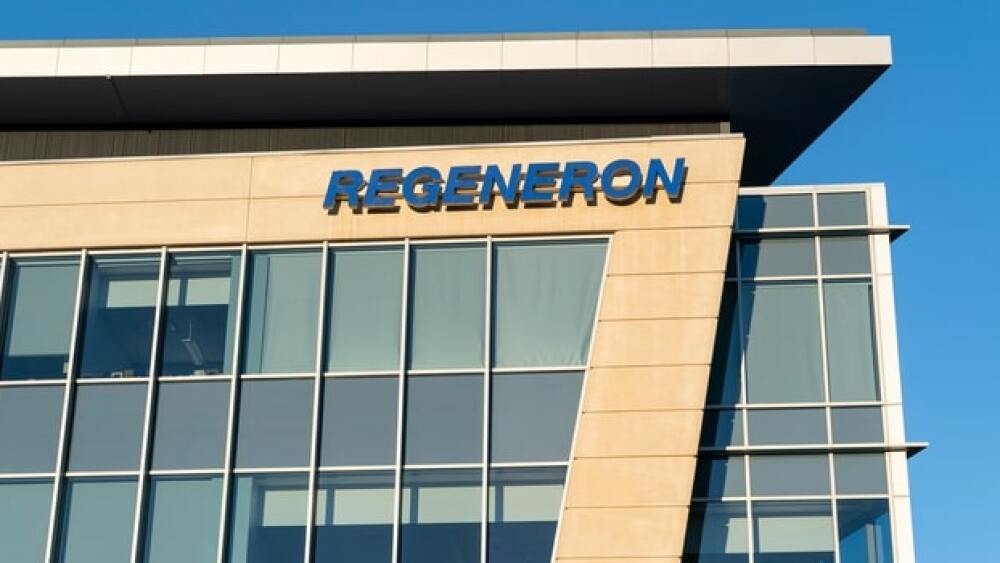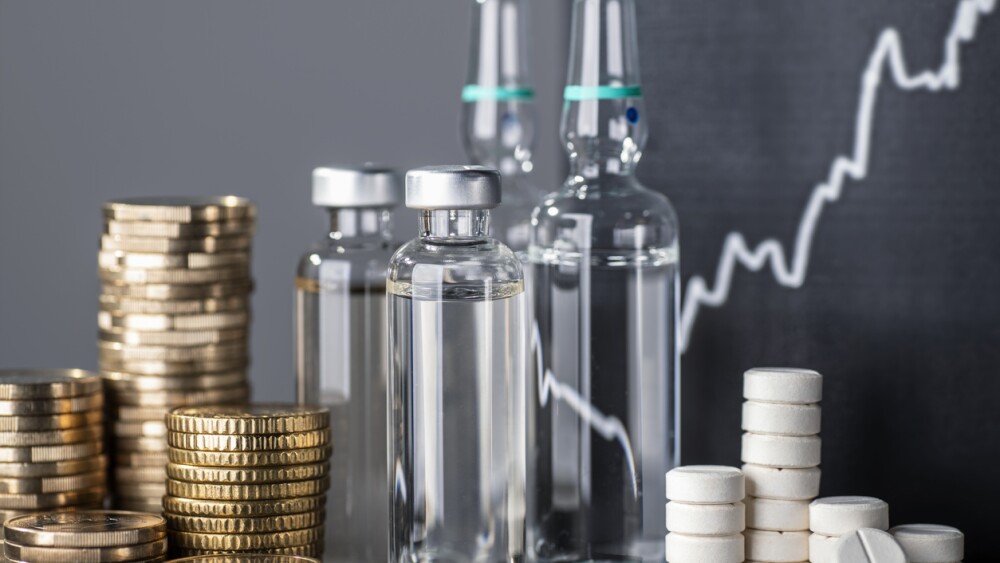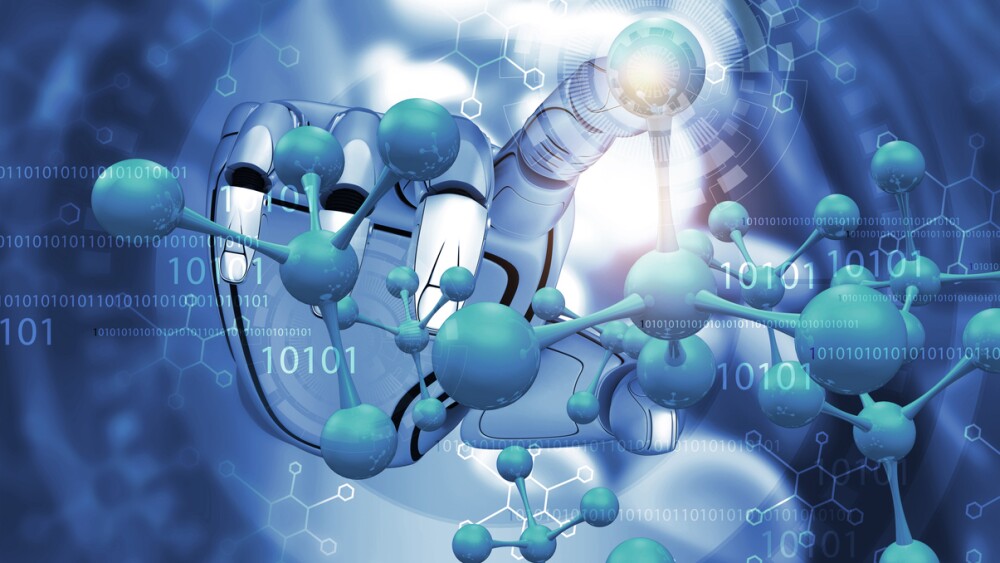Company Targeting to Complete Enrollment of 150 patients by March 2009
SUNRISE, Fla., Sept. 30 /PRNewswire-FirstCall/ -- Bioheart, Inc., , today announced that 35 of the leading U.S. Heart Failure Centers have engaged in Bioheart's Phase II/III MARVEL(1) Trial of myogenic cells for treating advanced heart failure.
"With 35 leading heart failure centers engaged, we are making tremendous progress in patient screening and enrollment," said Dr. Warren Sherman, Principal Investigator and Director, Cardiac Cell-based Endovascular Therapies, Columbia University Medical Center, New York. "We have added nearly 45 patients into our trial in the past three months."
The MARVEL Trial, a randomized, double-blind, placebo-controlled, multi-center Phase II/III Trial involving 330 patients in North America and Europe, is the largest trial of its kind to date. Enrollment in the MARVEL Trial began in October 2007, targeting patients who fall into Class II or III heart failure. The MARVEL Trial is studying the safety and efficacy of MyoCell autologous clinical cell therapy in the treatment of congestive heart failure delivered via a MyoStar(TM) injection catheter(2), in combination with the NOGA(R) XP Cardiac Navigation System. The MyoCell injection process is a minimally invasive procedure which presents less risk and considerably less trauma to a patient than conventional (open) heart surgery.
The trial is designed for an interim look at 150 patients with six-month follow-up. Based on the statistical significance of these interim results, the Company will explore the potential to submit for early commercial approval in the United States. Bioheart is on track to complete enrollment of 150 patients by March 2009, subject to its timely receipt of additional financing and barring any unforeseen changes.
This study has a cell concentration of up to 200 million cells/ml and administers 16 injections per patient, with varying dosing per injection. There are three study groups in the trial, one receiving a total of 800 million cells, one receiving a total of 400 million cells and the third receiving placebo injections. In contrast, previous studies involving MyoCell(R) Therapy had a cell concentration of 50 million cells/ml and administered 32 injections per patient. Animal studies involving MyoCell(R) therapy have suggested increased cell retention, survival and engraftment with the higher concentration of cells and lower number of injections, in part due to lower inflammation response.
"We expect the MARVEL Trial will confirm our current beliefs regarding the safety and efficacy of MyoCell," said Howard J. Leonhardt, CEO and Chief Technology Officer, Bioheart. "Results from our completed Phase I US MYOHEART Trial and Phase II European SEISMIC Trial showed 83-94 percent of the MyoCell(R) treated heart failure patients improved, or did not worsen, in Quality of Life or heart failure class while only 6-17 percent worsened. In comparison, in the SEISMIC Trial control group, 58 percent of the patients that received drugs only improved or did not worsen while 42 percent of such patients worsened.
In October, Bioheart intends to apply for approval to market and reimbursement for MYOCELL(R) Therapy in various countries in Europe for the sickest Class III heart failure patients that continue to deteriorate despite treatment with all currently available therapies applied including drugs, pacers and mechanical assist devices, with no additional therapeutic options.
ABOUT CONGESTIVE HEART FAILURE
Congestive heart failure (CHF), or heart failure, is a condition in which the heart cannot pump enough oxygenated blood to the body's vital organs. People with heart failure find that they cannot exert themselves as they become tired and short of breath. Current therapeutic options include palliative medical therapy (symptom-treating medicine), cardiac assist devices or cardiac transplantation. Heart failure is a leading cause of hospitalizations in people over age 65.
ABOUT MYOCELL(R) CLINICAL CELL THERAPY
MyoCell(R) clinical cell therapy, developed by Bioheart, Inc., is currently being studied as an investigational therapy in Europe and the U.S. MyoCell(R) clinical cell therapy is intended to be used to improve cardiac function months or even years after a patient has suffered severe heart damage due to a heart attack. The procedure involves a physician removing a small amount of muscle obtained from the patient's thigh. From this muscle specimen, autologous myoblasts (muscle stem cells) are then isolated, grown using Bioheart's proprietary cell-culturing process, and injected directly into the scar tissue of the patient's heart. The myoblast cells are delivered via an endoventricular needle-injection catheter during a minimally invasive procedure performed by an interventional cardiologist or vascular surgeon. The myoblast-based muscle formation in the newly populated regions of scar tissue are intended to improve cardiac function by helping the heart muscle beat more efficiently.
ABOUT BIOHEART, INC.
Bioheart, Inc. is committed to delivering intelligent devices and biologics that help monitor, diagnose and treat heart failure and cardiovascular diseases. Its goals are to improve a patient's quality of life and reduce health care costs and hospitalizations. Specific to biotechnology, Bioheart is focused on the discovery, development and, subject to regulatory approval, commercialization of autologous cell therapies for the treatment of chronic and acute heart damage. Its lead product candidate, MyoCell(R), is an innovative clinical muscle-derived stem cell therapy designed to populate regions of scar tissue within a patient's heart with new living cells for the purpose of improving cardiac function in chronic heart failure patients. The Company's pipeline includes multiple product candidates for the treatment of heart damage, including Bioheart Acute Cell Therapy, an autologous, adipose tissue-derived stem cell treatment for acute heart damage, and MyoCell(R) SDF-1, a therapy utilizing autologous cells that are genetically modified to express additional potentially therapeutic growth proteins. For more information on Bioheart, visit www.bioheartinc.com.
Footnotes:
(1) MARVEL: A Phase II/III, Double-Blind, Randomized, Placebo-Controlled Multi-center study to Assess the Safety and Cardiovascular Effects of MyoCell Implantation by a Catheter Delivery System in Congestive Heart Failure Patients Post-Myocardial Infarction(s)
(2) The MYOSTAR(TM) Injection Catheter is not available for sale in the U.S. It is in use in IND investigations
MyoCell and MyoCell SDF-1 are trademarks of Bioheart, Inc.
MyoStar and NOGA XP are trademarks of Cordis Corporation, a Johnson & Johnson company
Forward Looking Statements:
Except for historical matters contained herein, statements made in this press release are forward-looking and are made pursuant to the safe harbor provisions of the Private Securities Litigation Reform Act of 1995. Without limiting the generality of the foregoing, words such as "may", "will", "to", "plan", "expect",
"believe", "anticipate", "intend", "could", "would", "estimate", or "continue" or the negative other variations thereof or comparable terminology are intended to identify forward-looking statements.
Investors and others are cautioned that a variety of factors, including certain risks, may affect our business and cause actual results to differ materially from those set forth in the forward-looking statements. These risk factors include, without limitation, (i) our ability to secure additional financing; (ii) the timely success and completion of our clinical trials; (iii) the occurrence of any unacceptable side effects during or after preclinical and clinical testing of our product candidates; (iv) regulatory approval of our product candidates; (v) our dependence on the success of our lead product candidate; (vi) our inability to predict the extent of our future losses or if or when we will become profitable; (vii) our ability to protect our intellectual property rights; (viii) our inability to predict the extent of our future losses or if or when we will become profitable; and (viii) intense competition . The company is also subject to the risks and uncertainties described in its filings with the Securities and Exchange Commission, including the section titled "Risk Factors" in its Annual Report on Form 10-K for the year ended December 31, 2007, as amended by Amendment No. 1 on Form 10-K/A and its quarterly report on Form 10-Q for the quarters ended March 31, 2008 and June 30, 2008.
CONTACT: Marty Schildhouse, +1-305-606-3577, or Robert Murphy,
+1-908-276-0777, both of The Storch-Murphy Group
Web site: http://www.bioheartinc.com/




